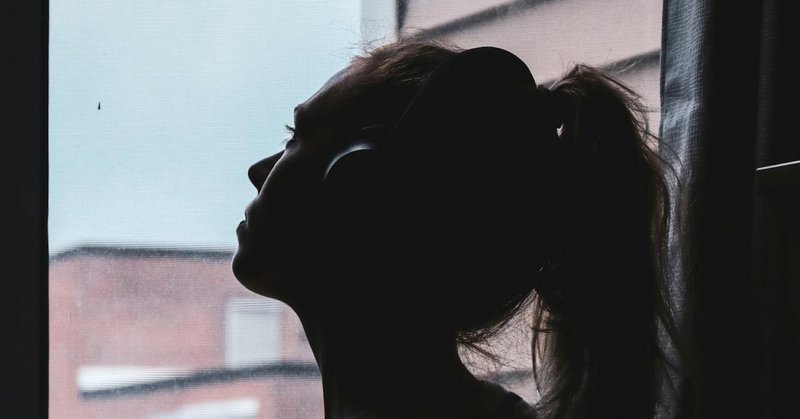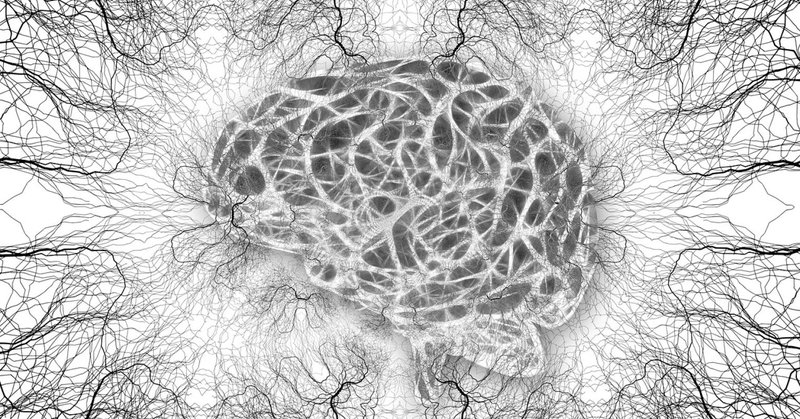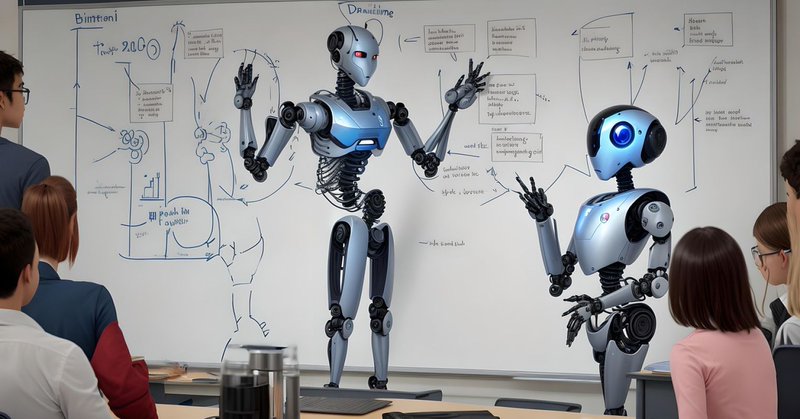
Psychology Today
@PsychToday
Followers
1M
Following
2K
Media
2K
Statuses
75K
Insight about everybody's favorite subject: Ourselves.
New York, NY
Joined March 2009
Emotional regulation is more than simply “keeping our cool.” It’s about understanding our triggers, recognizing stress, and finding ways to respond rather than react.
psychologytoday.com
3. Manage the timing of high-stakes conversations.
1
3
15
Being assertive and setting boundaries isn't mean or wrong. In fact, it's one of the best ways to protect your mental health. Here's how to get started.
psychologytoday.com
New research suggests assertiveness can reduce stress, anxiety, and depression. Assertiveness can also improve self-esteem and self-confidence.
1
4
20
Highly sensitive people feel stress more keenly—but they also gain more from positive experiences. Here's how it works.
psychologytoday.com
Our individual degree of sensitivity to the world around us affects how we experience both good and bad events. New evidence supports this claim.
0
4
14
Humans carry millions of years of evolutionary pressure to acquire more resources and higher social status. But it’s our relationships that really make our lives fulfilling today.
psychologytoday.com
Human insatiability originates from evolutionary adaptations that have historically ensured survival through resource acquisition, status competition, and mate selection.
2
6
27
Here are 4 ways that religion and spirituality can bolster psychological well-being. Plus, learn how they can protect against various mental health challenges.
psychologytoday.com
Discover how spirituality boosts mental health—new research reveals its powerful role in reducing anxiety, fighting depression, and creating meaning in life's challenges.
0
3
7
"This is the paradox at the heart of being human. We are finite beings who dream of permanence. And so we build lives, legacies, and ideas so that we can last and endure in a creative defiance of time."
psychologytoday.com
Life’s grief comes from knowing time is limited. Embracing the present, creating rituals, and honoring stories helps us find meaning in this paradox of being human.
2
4
14
If you've ever felt scattered in your interests or pulled toward too many things to count, maybe that's not a flaw you have to stamp out. Maybe it's actually a decision-making advantage. Here's why.
psychologytoday.com
What a brainless slime mold can teach us about decision-making, intellectual curiosity, and thriving in an uncertain world.
1
5
14
When you feel intense and immediate sexual attraction to someone else, some experts advise, it might be best to resist it and run in the other direction—especially if you're idealizing them.
psychologytoday.com
"Addictive" attraction can point to serious relationship concerns.
1
7
21
People who view their own aging positively tend to be healthier, more satisfied with life, and live longer. Here's how to take a cue from them, by @AnuRealo
psychologytoday.com
Holding a positive view of your own aging while distancing from negative stereotypes of older people can help support a longer, healthier life.
1
4
14
With each cycle of seeking love and failing to get it in their life, an individual might notice that what they’ve been drawn to isn’t a form of love after all. Instead, it might be one of these dysfunctional patterns.
psychologytoday.com
Three toxic relationship habits that we often view with rose-tinted glasses.
1
1
7
Narcissistic parents are typically more focused on appearances and admiration from others and have little mental space to care for children the way healthy parents might. Here is the lifetime cost for the child.
psychologytoday.com
Emotional scars that narcissistic parents may leave on their kids' psyches.
1
4
18
Fear learning shapes the brain. The process of extinction is the attempt to undo that learning, replacing it with new knowledge that the cue no longer means harm, explains @WmHaseltine
psychologytoday.com
When a threat disappears but the memory lingers, the brain must rewire itself. Extinction learning allows us to replace fear with safety.
1
5
11
When a child is unhappy because they can't connect with peers and make friends, parents might want to check out whether they are having difficulty with nonverbal communication. This is why.
psychologytoday.com
When your child is unhappy because she or he can't connect with peers and make friends, don't wait; check out whether the cause is an inability to use nonverbal communication.
1
6
23
"When the world shifts beneath us through trauma, illness, or loss, creativity provides more than distraction—it helps us make meaning."
psychologytoday.com
When life unravels, resilience isn’t just about grit—it’s about creativity. Discover how everyday acts of imagination can transform pain into meaning.
1
2
10
While resilience can involve a family that believes in you and pushes you to be your best self, too much pressure can also threaten a young person's health, explains @MichaelUngarPhD
psychologytoday.com
As the new school year begins, parents from families that are both rich and poor will have expectations for their children just entering college. This can be good or bad.
2
4
16
As many adults know, what they experience as endlessly boring a child might consider fast and exciting. It's no myth: Both physiological and psychological reasons explain the phenomenon, writes @CogitoErgoDwyer
psychologytoday.com
Time flies as we get older, but we can slow it down.
0
0
7
While growing up, some people felt like their feelings were invisible, their needs were unimportant, or their accomplishments were brushed aside. This is emotional erasure, and its effects can be long-lasting, writes @jwebbphd
psychologytoday.com
These 7 signs may reveal the hidden impact of childhood emotional neglect and how it may affect your relationships today.
1
6
15
When bad things happen, focusing on these 5 strengths from positive psychology can help pull us through.
psychologytoday.com
Ideas to help us climb out of the quicksand.
1
5
18
When an explanation is coherent, well-structured, and easy to follow, we tend to trust it, whether it comes from a human or AI. Here’s why we shouldn’t be so fast to believe.
psychologytoday.com
AI can explain its answers. So can we. But what if those explanations are just stories we tell to make sense of what we don't really understand?
0
5
8
"Purpose isn't just about achieving something monumental. It's about finding meaning in the small, everyday moments that light you up."
psychologytoday.com
Purpose boosts health and happiness, yet 91 percent of us feel anxious chasing it. What if we've misunderstood purpose entirely?
1
5
21




















